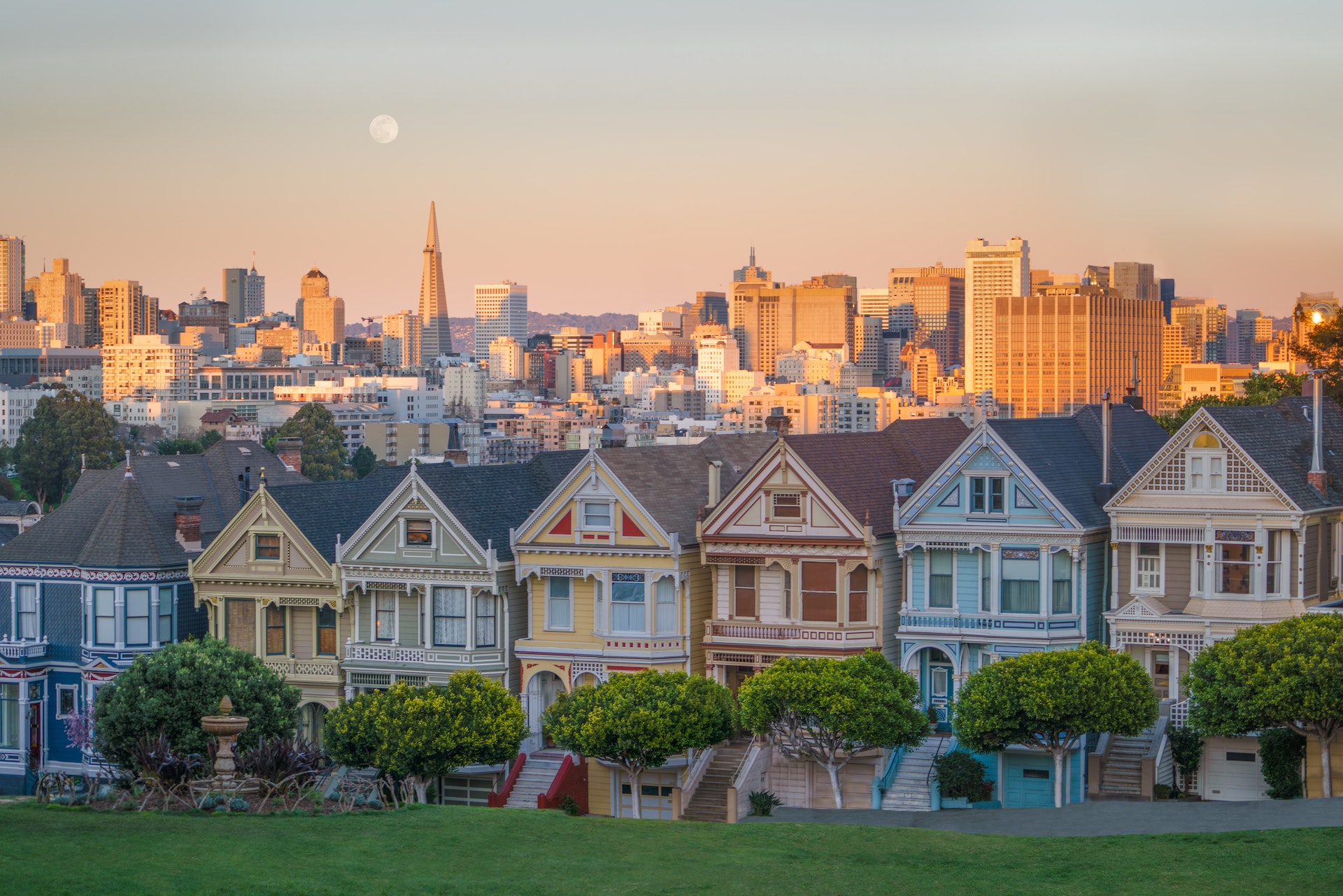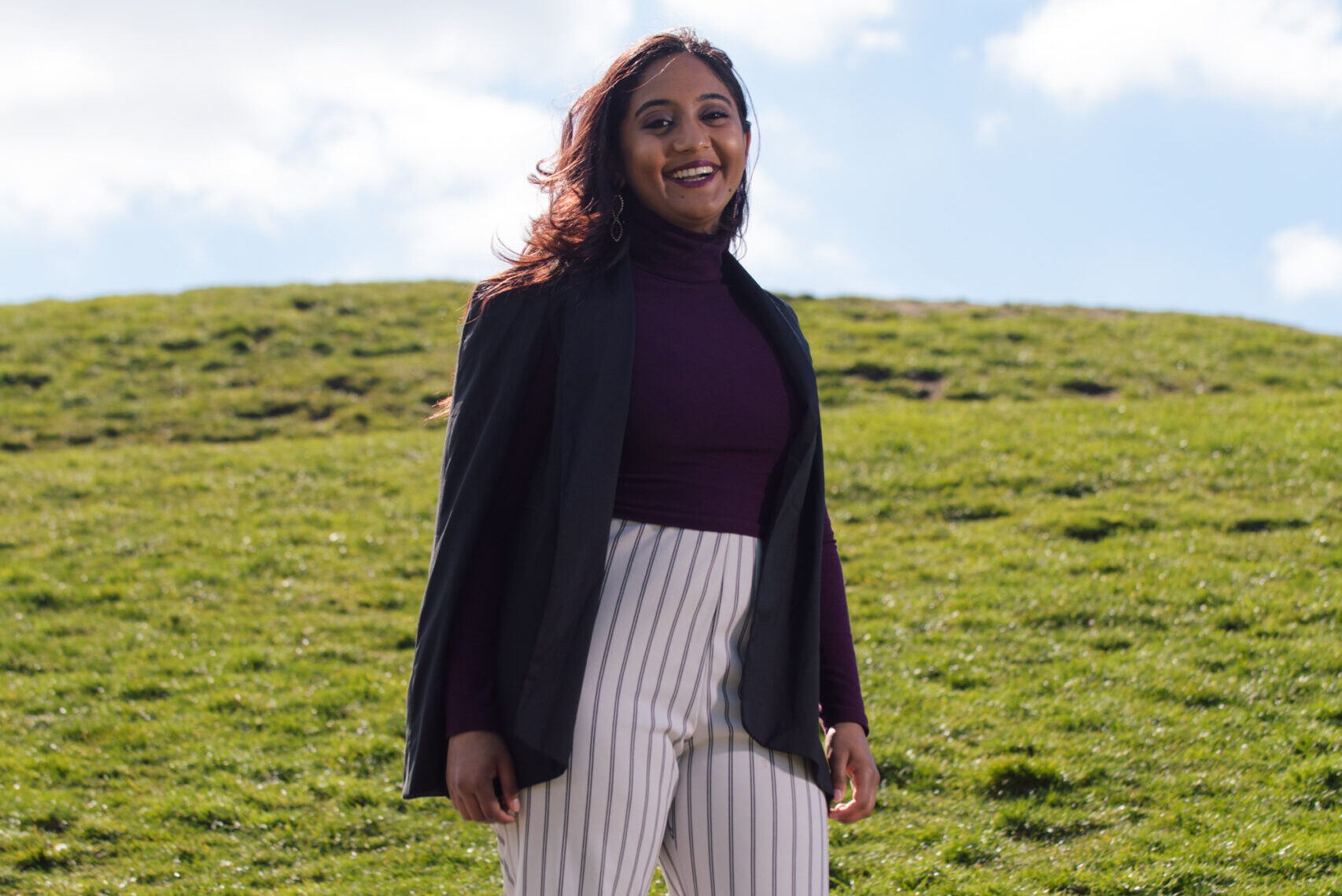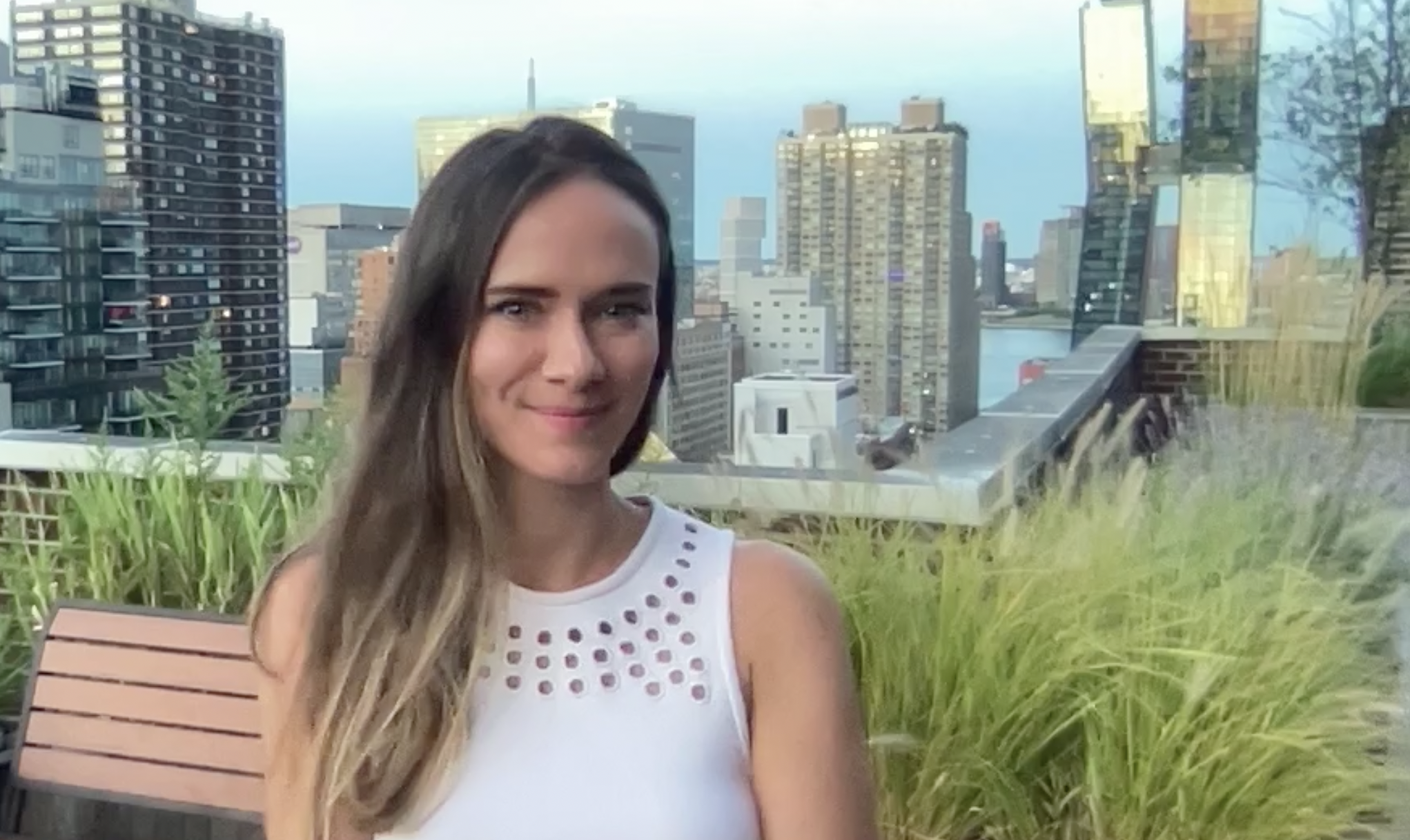Tanya Gabrielle Gonzalez | Co-Founder, EAUSO | Product Marketer | San Francisco

The Climate-Friendly Life is a series focusing on the successes and challenges we each face when trying to make climate-friendly lifestyle choices. No matter where you are on this journey from eco-curious to winning zero waste, it’s all good and we wanna hear about it. Drop us a line at blog@generationenvironment.com if you want to share your story with the We Are All Gen E community.
Let’s talk trash – how much of it does one really make? How are we disposing of it? What happens to it once it’s left our home? These are just a few of the many questions I began asking myself over the last 6 months. Why you might ask?
Well, I recently made the move from the burbs to the city and I happened to move to a city that takes trash very seriously. At first, I thought almost TOO seriously.
Learning to deal with trash
I went from paying very little attention to compostables to breaking down every bit of waste into three categories: recycle, compost and yep, you guessed it… TRASH. I always considered myself a mindful consumer, someone who paid attention to what they purchased, carried their own water bottle, bagged things up in totes, you know that whole thing. But it wasn’t until the city of San Francisco forced me to break down my waste that I finally realized just how trashy I really was.
Now let’s be clear – this isn’t to make anyone feel guilty or assume this lifestyle change was easy, because believe me when I say, it was not. The more I was faced with breaking down boxes and separating food scraps, the more I realized just how much I was discarding. It was an awful feeling but also an important realization. So much so that I started to research just how much waste the average American produced. Turns out, the average American produces 1,704 pounds of garbage per year, roughly three times the global average.
Online Ordering
And while this all sounds very overwhelming and nearly impossible to reverse, I learned that little changes matter. It’s the small things that make up the big things. For example, the majority of my waste was coming from Amazon and food take out. All of my Amazon purchases had my bins filled with tape, wrap and plastic, (way too much plastic) and on trash pickup day I was embarrassed by how many of these purchases were small conveniences that weren’t truly necessary. There’s no minimum on orders, you can buy a toothbrush one day and a bar of soap the next, all of which will be perfectly boxed up and delivered to your home within minutes (practically). So, I kicked my Amazon habit. I kid you not, walking my butt to the nearest market to pick up the necessities was something I had almost forgotten I used to do in the era before Amazon. And I liked it. I connected with what I needed and did away with all the excess.
Food Leftovers
Now, the tougher habit? Food takeaway boxes. I’ve always loved trying new restaurants and while I hate wasting food, I was creating another problem for myself: takeaway packaging. I loved bringing food home with me to heat up as a midnight snack but again… by the time I was disposing of my garbage I realized just how many plastic containers I was throwing away by the end of the week. A small but mighty change was giving up takeaway boxes and packing my own little container. Yes I felt a bit extra at the start of this new habit but I quickly realized how welcoming others were when seeing me bust out my little stasher.
The New You
The truth is, I’ve often worried about how inconvenient it might be for me to ask for others to meet me in the middle of my consumption journey (like asking people who come over for dinner to kindly allow me to compost whatever is left on their plate so as to not wind up in the wrong bin). I’ve come to learn that we all have to start somewhere and it gets less awkward and more intentional. Best of all, we’re not alone. Every tiny effort on behalf of each individual amounts to a collective force that helps turn the tide, and that’s pretty damn amazing.
In the words of Anne Marie Bonneau:
“We don’t need a handful of people doing zero waste perfectly. We need millions of people doing it imperfectly.”



